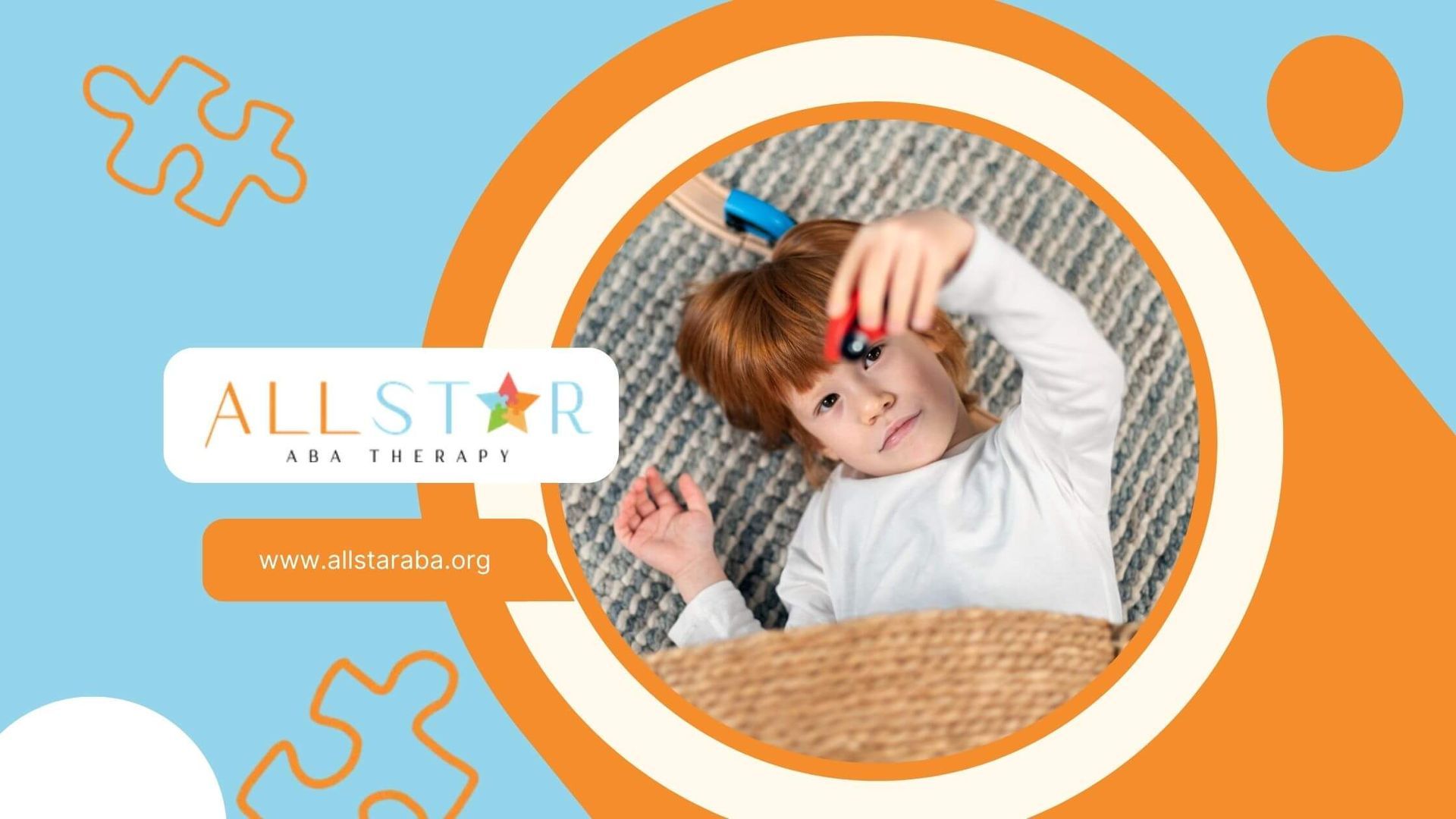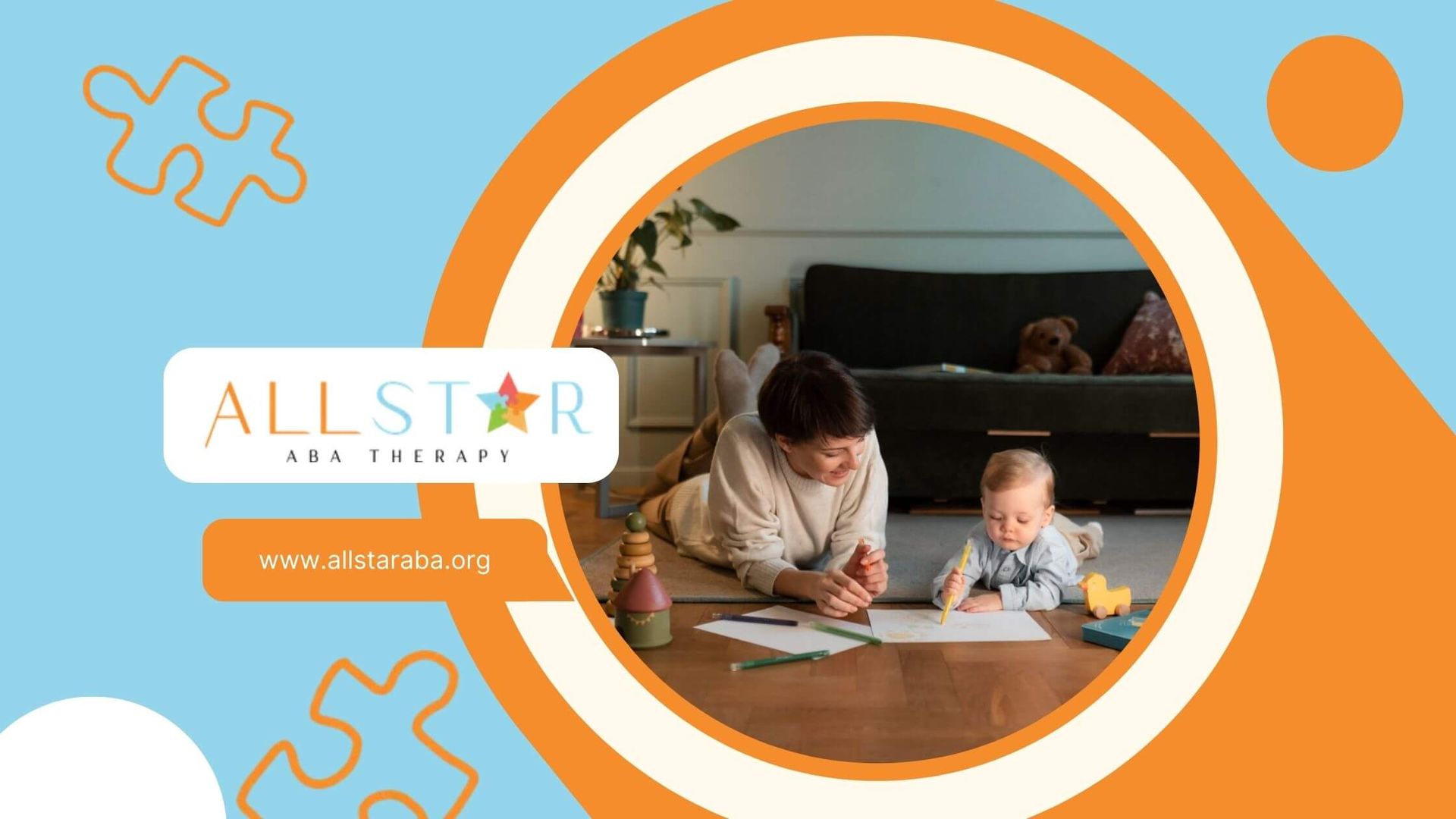New Paragraph
Understanding and Supporting a Clingy Autistic Friend
What Does It Mean to Be a Clingy Friend?
Being perceived as clingy often involves displaying behaviors such as:
- Repeatedly seeking attention or contact.
- Wanting constant validation or reassurance.
- Struggling to recognize when someone needs space.
For autistic individuals, these tendencies can stem from challenges with social communication, sensory processing, or anxiety.
Why Might an Autistic Friend Be Clingy?
1. Desire for Predictability
Autistic individuals often thrive in structured, predictable environments. A close friend may represent stability, making frequent interaction a comforting routine.
2. Difficulty Interpreting Social Cues
Non-verbal communication, such as subtle signs of needing space, can be harder for autistic individuals to read. This may lead to unintentional overstepping.
3. Anxiety or Fear of Rejection
Repeated attempts to engage might be driven by an underlying fear of being left out or misunderstood.
4. Hyperfocus on Relationships
Some autistic individuals may become intensely focused on their relationships, dedicating much of their energy and time to nurturing them.
Strategies to Support a Clingy Autistic Friend
1. Set Healthy Boundaries
- Be Direct but Kind: Clearly communicate your needs without making your friend feel rejected. For example, “I need some time alone to recharge, but I’d love to catch up tomorrow.”
- Use Visual Supports: If verbal communication is challenging, consider written schedules or reminders about when you’re available.
2. Encourage Independence
- Suggest Other Activities: Help your friend find hobbies or social groups that align with their interests.
- Practice Problem-Solving Skills: Support their ability to navigate social situations independently.
3. Reinforce Positive Interactions
Use positive reinforcement to encourage balanced and respectful social behavior. For example, praise moments when your friend respects your space.
4. Recognize Triggers
Pay attention to patterns. If clinginess intensifies during certain situations, such as changes in routine or heightened stress, address these triggers directly.
5. Be Patient and Empathetic
Understand that these behaviors are often not intentional but are a reflection of deeper needs.
How ABA Therapy Can Help
Applied Behavior Analysis (ABA) therapy is a proven method for supporting individuals with autism, including addressing social challenges. Some techniques that may benefit a clingy autistic individual include:
1. Social Skills Training
Teaching recognition of social cues, turn-taking, and respecting boundaries.
2. Reinforcement Strategies
Using positive reinforcement to promote desired behaviors, such as balanced communication.
3. Developing Coping Mechanisms
Helping the individual learn how to manage anxiety and self-soothe without relying heavily on others.
4. Encouraging Peer Interactions
Structured activities to practice forming connections with multiple people, reducing over-reliance on one friend.
Tips for Friends and Family
- Stay Educated: Learn about autism to better understand your friend’s perspective.
- Avoid Personalizing Their Behavior: Remember that their actions are not about you but reflect their needs.
- Seek Professional Guidance: Therapists specializing in autism can offer tailored advice for managing specific challenges.
Balancing Support with Self-Care
While supporting a clingy autistic friend, it’s important to maintain your own emotional well-being. Practice self-care by:
- Taking breaks when needed.
- Seeking support from mutual friends or family.
- Communicating openly about your boundaries.
When to Seek Additional Help
If clingy behaviors begin to impact your friend’s well-being or strain the relationship significantly, consider involving a professional, such as an ABA therapist. They can work on strategies to promote healthier social interactions.
Conclusion
Navigating friendships with autistic individuals who may appear clingy is a journey of patience, understanding, and mutual growth. ABA therapy offers effective tools to help these individuals build balanced relationships while addressing the underlying causes of their behavior.
At All Star ABA, we are dedicated to providing personalized therapy and support to help individuals with autism navigate social connections and develop healthier, more independent interactions. By fostering empathy and open communication, we can create supportive environments where everyone thrives.
Frequently Asked Questions
Can clingy behavior in autistic individuals improve over time?
Yes, with the right support, such as ABA therapy, and consistent practice of social skills, clingy behaviors can often become more balanced and adaptive.
How can I explain my need for space to an autistic friend?
Use clear and direct communication, such as saying, “I need some alone time right now, but I value our friendship and will check in later.” Visual aids or reminders can also help reinforce this message.
What are some signs that professional intervention might be necessary?
If clingy behavior causes significant distress for your friend or impacts their ability to form other relationships, seeking support from an ABA therapist or counselor may be beneficial.
Building meaningful friendships can sometimes involve navigating unique challenges, especially when a friend is autistic and appears clingy. It’s important to approach these situations with understanding and empathy, recognizing that clinginess often stems from a
desire for routine, connection, or a need for reassurance rather than a deliberate attempt to overwhelm.
Need Support?
We're Here to Help!
Our experienced team is ready to assist you. Reach out today to discuss how we can support your child's development and well-being.
Get started with expert ABA therapy today.








